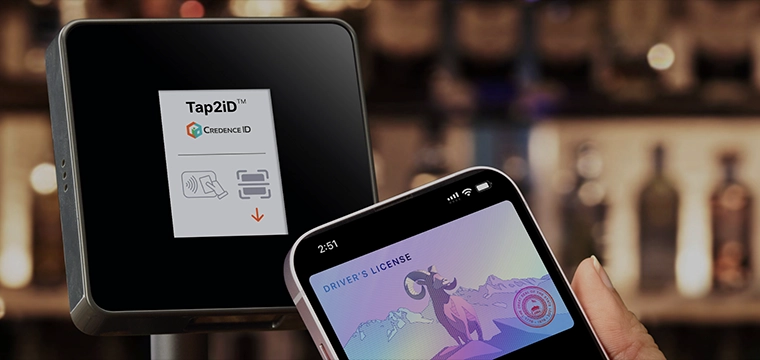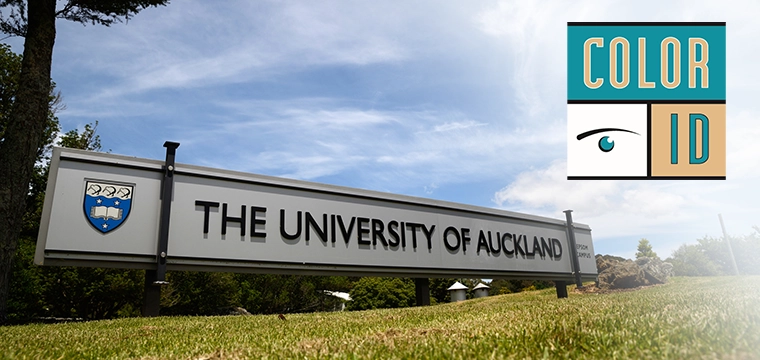Delaware State University (DSU) and Siemens have implemented what could be one of the most groundbreaking campus card programs in the United States to date. But few outside of the 4,000 cardholders on the campus know much about the project. Perhaps that is because while Siemens, the project’s technology leader, is a major worldwide presence, it is a relative newcomer to the U.S. campus market. Or perhaps it is because the project’s originator at Delaware State University, Dr. Charles Fletcher, comes from an area of campus administration that has not typically driven campus card technology.
Dr. Fletcher is the university’s chief information officer (CIO) responsible for networks, data, and information security on the Dover, Delaware campus. While card programs have traditionally originated in auxiliary services, campus security, food services, or other administrative areas, IT departments have not been much of a factor in the past. But the role of the campus card is changing, as evidenced by the Delaware State program, and IT is destined to play a starring role.
The DSU project, it seems, was borne of a desire to integrate physical and logical (or network) security. Say Dr. Fletcher, “we wanted to provide tighter controls on user access and to strengthen physical access by replacing keys.” Additionally, he describes the desire to “centralize other card access systems into one unified approach and to reduce the total cost of ownership for information and physical security systems.”
The entire campus population–both students and staff–have been issued the new card. It is a powerhouse of ID technologies, with a contact and contactless smart card chip as well as proximity, barcode, and magnetic stripe technologies. Here is a rundown of the functions handled by the various technologies:
The card supports PKI though it is not yet being utilized. The logical security technology in use today enables cardholders to logon to PCs securely and to use the card to manage the array of usernames and passwords required by multiple applications and systems. According to Dr. Fletcher, “the contact (chip) portion of the card provides secured, traceable login control and simplified single sign-on via the embedded password wallet feature.”
What will drive the utilization of the PKI technology? Dr. Fletcher believes that one driver will be the university’s work with federal government on special projects and grants. “In the future,” he notes, “secure auditable communications will become necessary. That is likely when we will enable PKI.”
Today, the cards control network access for faculty, staff, and students; physical access to secure locations including residence halls; access to the university’s SCT Banner ERP system; and the campuswide Lotus Notes email system.
The cards and technology were provided by Siemens Information and Communication Networks Inc. (Siemens ICN), a subsidiary of the German company Siemens AG. Siemens AG is a global technology giant employing 450,000 people in 190 countries. The Siemens ICN group is based in Boca Raton, Florida. The company’s engineers and architects worked alongside the university’s IT staff during the deployment. “The project was completed in just four months,” reports Dr. Fletcher, “though I recommend that more time be allotted.”
When asked why campuses have been slow to adopt card-based network security technology, Dr. Fletcher responded, “the willingness to change critical workflow processes that have the potential to upset the entire campus work force requires risk takers at senior levels in the institution. And there are few with the stomach for this level of work.”
And, he adds, “you need an established business partner with proven results and the willingness to invest in technology and new product development as a major component of their business model. Siemens has proven their commitment in this area bringing to life the technology vision I placed before the University Administration and Board of Trustees.”
“This project has given great energy to this University, the faculty, students, and local community,” concludes Dr. Fletcher. And that energy is beginning to expand outside of the institution. Their pioneering merger of physical and logical solutions on a single card may well establish Delaware State as one of the next generation of models emulated by card programs across the country.
For more information, contact Dr. Charles Fletcher at Delaware State University, [email protected].




